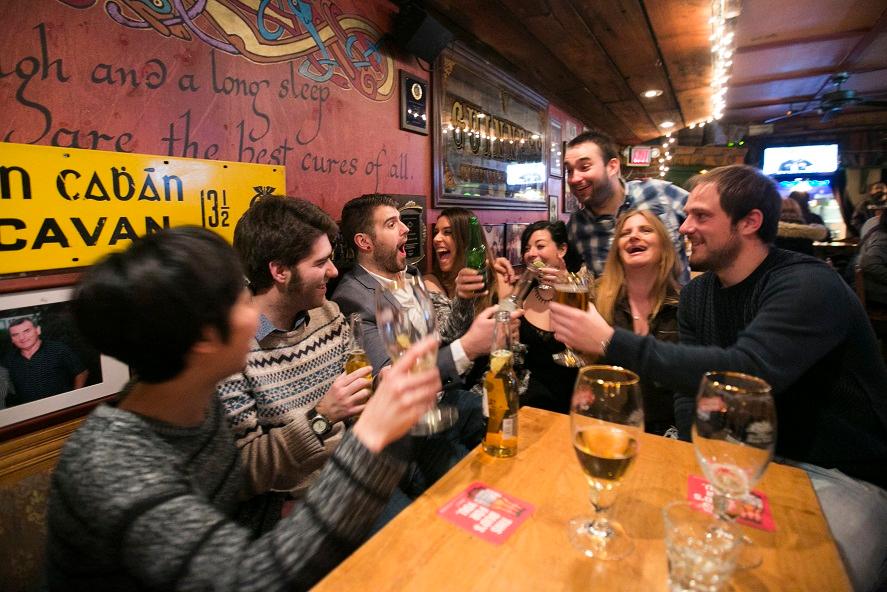A closely divided 4th Circuit Court of Appeals reinstated a lawsuit last week by four homeless alcoholics challenging a 1934 Virginia law that allows “habitual drunkards” to be jailed for possessing, consuming, and purchasing alcoholic beverages.
Dissenting judges in the case argued that the court’s ruling in effect gave a license to individuals to abuse alcohol without facing legal consequences, and seemed troubled that the court majority appeared to recognize alcoholism as an illness.





